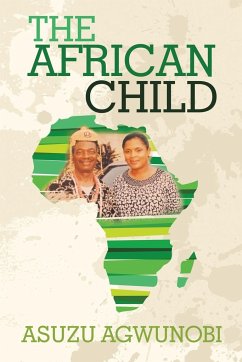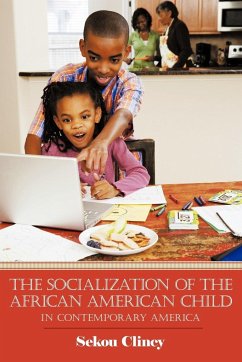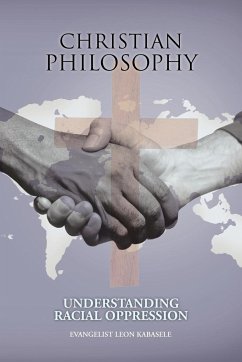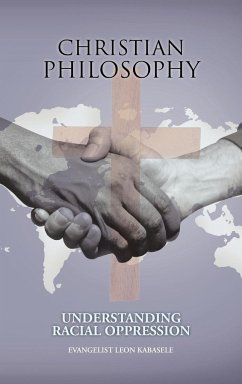
Child-Widows Silenced and Unheard
Human Rights Sufferers in Tanzania
Versandkostenfrei!
Versandfertig in 1-2 Wochen
24,99 €
inkl. MwSt.

PAYBACK Punkte
12 °P sammeln!
It is commonly assumed that widows are adult women, hence, there has been a lack of research on violations of child-widows' inheritance rights. This book explores the circumstances under which the girl-child encounters early marriage and is then widowed under a plural legal system; and searches for solutions. It examines legal pluralism in Tanzania and its relevancy and applies a qualitative grounded approach in analysing the interplay between the law and the realities of child wives and child-widow's lives. There are various configured factors contributing to child marriage namely: traditiona...
It is commonly assumed that widows are adult women, hence, there has been a lack of research on violations of child-widows' inheritance rights. This book explores the circumstances under which the girl-child encounters early marriage and is then widowed under a plural legal system; and searches for solutions. It examines legal pluralism in Tanzania and its relevancy and applies a qualitative grounded approach in analysing the interplay between the law and the realities of child wives and child-widow's lives. There are various configured factors contributing to child marriage namely: traditional and religious justification; the value of having children; the lack of value in education for girls as well as economic and social reasons. Child-widowhood is one of the worst repercussions of child marriage in a variety of situations and contexts due to their age, gender and immaturity. The book reveals that most customary laws of inheritance and customs discriminate against child-widows. They face profound violations of their human rights in coping with widowhood problems. Access to courts is difficult, so their problems are mainly solved at clan level. Ironically, customary norms such as the care of widows have been manipulated; widows are often with no inheritance. The consequences include impoverishment, violence, the lack of education, the risk of HIV infection and death of child widows. The book identified features for and against the favourable realisation of gender equality for child-widows through the local norms and practices. Although there are significant obstacles, local norms are still central in facilitating or constraining people's abilities to claim or exercise whatever rights are available to them. Thus, the book suggests possibilities of mediating customary norms through the international human rights law, using the principles of gender equality and non-discrimination. The prerequisites for this include political will and legislative framewor












